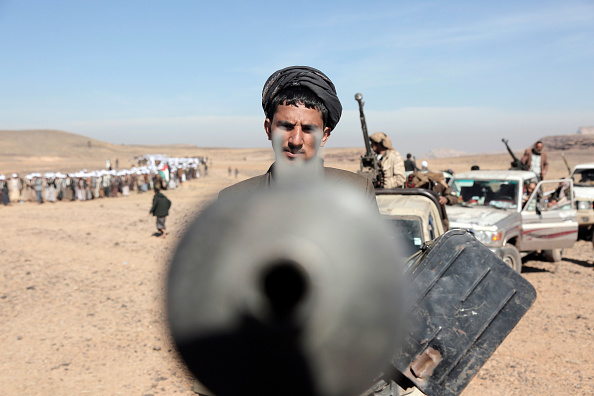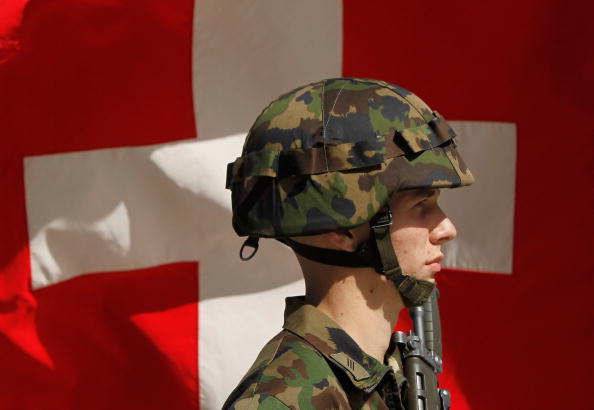The designation of Iran’s Islamic Revolutionary Guard Corps (IRGC) as a terrorist organisation has split the European Union as leaders gathered for a two-day summit to decide the bloc’s response to Iran’s April 13-14 missile attack on Israel.
The European Parliament already backed the designation move in 2023 and the proposal has vocal support from the Netherlands, Sweden and Czech Republic.
Germany and France, though, strongly oppose proscribing the 120,000-member wing of Iran’s military, saying it could lead to the country cutting diplomatic ties or targeting and imprisoning dual nationals.
Germany also argued the EU could not legally add the IRGC to its terror list if it had not carried out a terror attack within the bloc, a view endorsed by Josep Borrell, the EU high representative for foreign affairs.
If that is the case, some politicians stated, then the EU should simply change its legal criteria to enable the move.
Among them, Dutch MP Ruben Brekelmans argued that if “even after all atrocities by the IRGC, the EU legal criteria are still not met…. in that case: let’s lower the legal threshold”.
Matthew Levitt, a former deputy assistant secretary for intelligence and analysis at the US Department of the Treasury, said that while Borrell and Germany argued an EU court first needed to find the IRGC had committed acts of terrorism, “this … is not the case”.
“There is no shortage of evidence – all admissible under the rules underpinning the EU terrorist designation process – to support designating the IRGC as a terrorist group,” he stated.
The US designated the IRGC as a terrorist organisation already in April, 2019.
Yet for an EU that has often struggled to speak with one voice regarding Israel’s conflict with Hamas in Gaza, its response to Iran threatened to divide its governments even more.
One possible compromise, experts said, would be the establishment of a mechanism at the next EU Foreign Affairs Council meeting on April 22 in Luxembourg that would enable designating the IRGC a terrorist organisation.
Borrell said: “I will ask the legal services of the [European] External Action Service to relook at this and see if there is any case in which we could base this proposition, but for the time being, we don’t have it.”
A less radical move, which did get French and German backing, was an expansion of the sanctions regime designed to curb Iran’s supply of drones to Russia and missiles to Iranian proxies in the Middle East.
“So much for ‘the others’ in the EU being the problem,” quipped Anchalee Rüland, a policy advisor in Germany’s Bundestag.
Within the EU, Germany’s Government traditionally strongly supports Israel.
Some advocates of stricter measures against Iran only held out limited hope regarding the EU response to Tehran’s military assault on Israel.
“The EU response to Iran’s attack on Israel will be strictly performative, as expected,” predicted Jason Brodsky, policy director of United Against Nuclear Iran.
“We were united in increasing sanctions to Iran,” proclaimed Borrell, who chaired a virtual April 16 extraordinary council of EU foreign ministers.
At the same time, he argued, “an escalation would also increase the suffering in Gaza”.
The EU’s struggles over its response to Iran come as EU diplomat Johan Floderus has been held an Iranian prison for two years after being detained on charges of espionage and “corruption on earth” on April 17, 2022.
His family said he is incarcerated in Evin Prison, and likely to be used as negotiating leverage by Iran’s Government in its dealings with Sweden and the EU.





